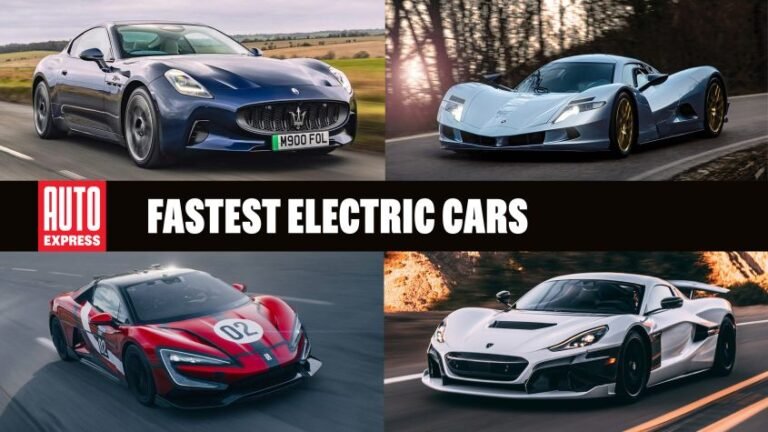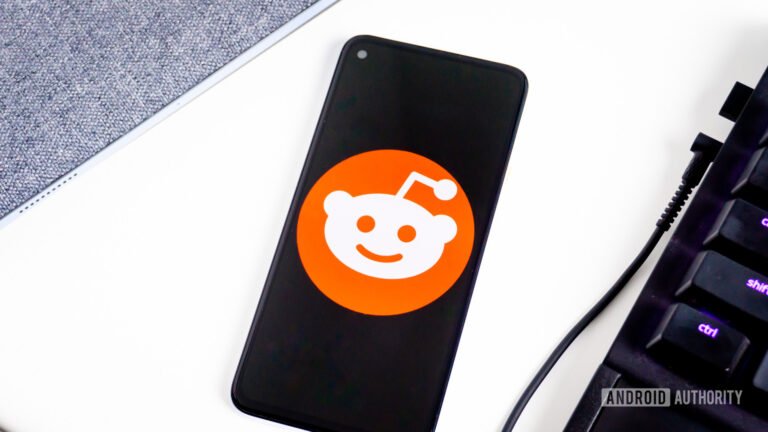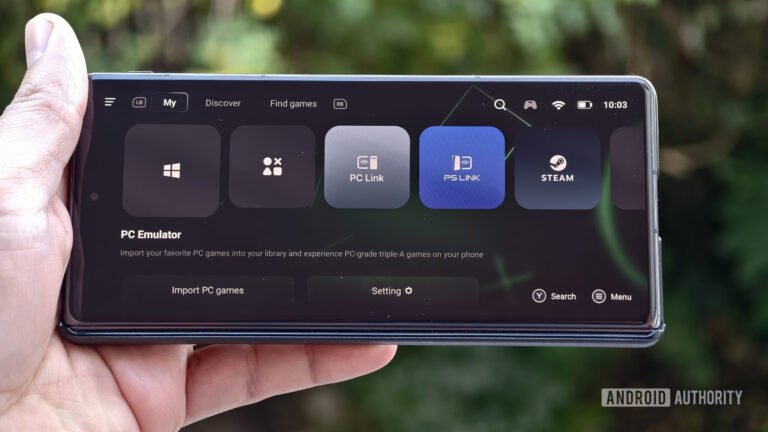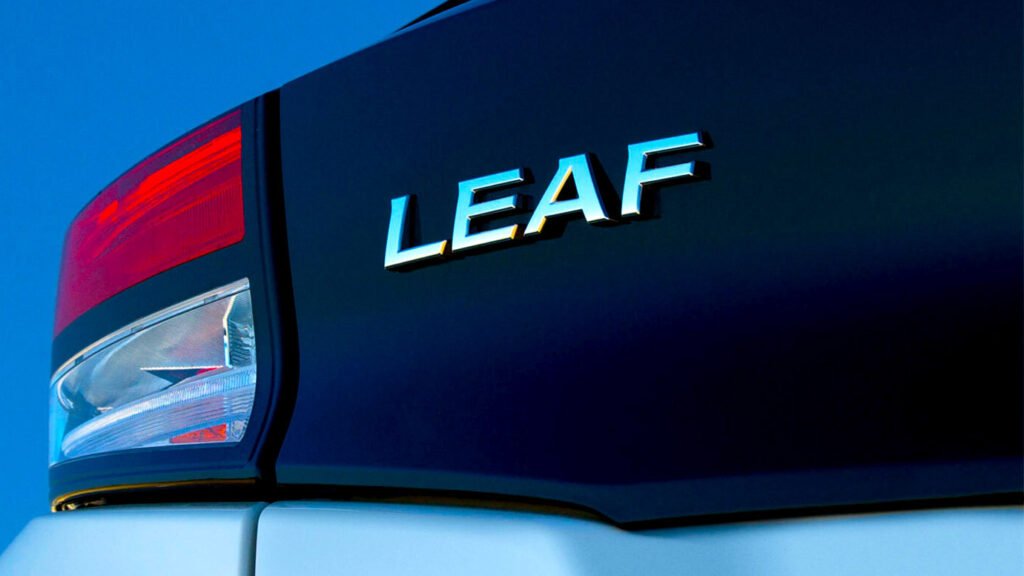
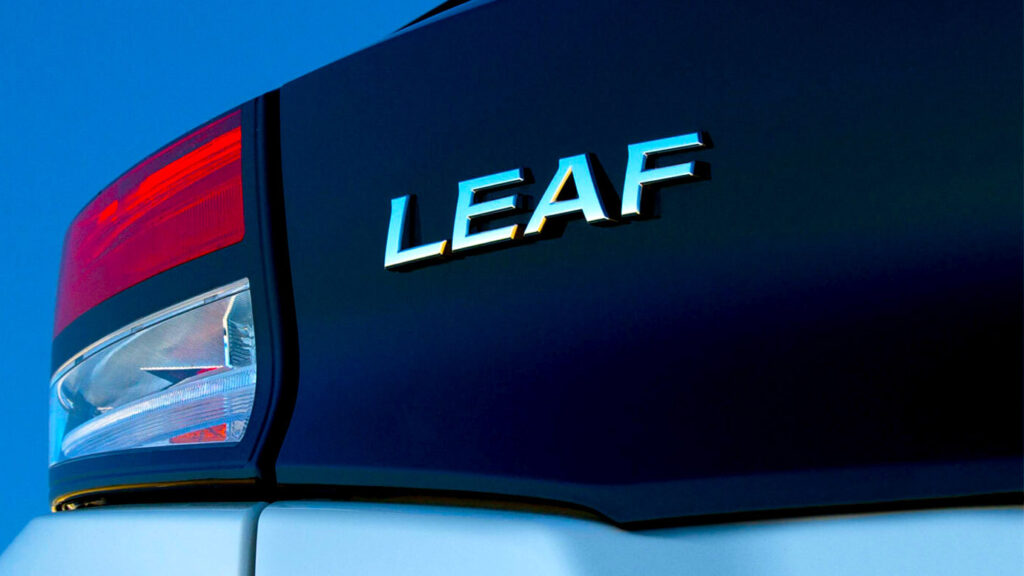
- Nissan is recalling nearly 20,000 Leaf EVs over a fire risk.
- The batteries can rapidly heat during Level 3 charging.
- Software update is in the works, but stop fast charging now.
Nissan is gearing up to launch the redesigned Leaf, but its predecessor has been hit by a new recall. It impacts 19,077 EVs from the 2021 and 2022 model years.
According to the National Highway Traffic Safety Administration, the lithium-ion pack can overheat when using DC fast charging. This, understandably, increases the risk of a battery fire.
Why It’s Happening
A chronology of events hasn’t been released, but the government says Nissan determined the Leaf’s battery packs have “excessive lithium deposits” within their cells. This can increase the electrical resistance and potentially cause a fluctuation in the state of charge.
More: Nissan Takes A Leaf From The Z For Its Redesigned Mass Market EV
When DC fast charging, the increased electrical resistance can result in “rapid heating of the battery.” If charging continues, a fire could occur.

Affects Both Battery Options
The problem appears to impact Leaf models equipped with both 40 and 62 kWh battery packs. Given the seriousness of the issue, owners are being advised not to use Level 3 chargers until the snag has been addressed.
This could be a problem as a remedy isn’t available yet. However, Nissan is developing new software that will prevent things from spiraling into a “thermal incident.”
Owners will first receive a letter later this month confirming whether their car is included in the recall. A second notice will follow once the software is ready, at which point vehicles will need to be taken to a dealership for the software update.

